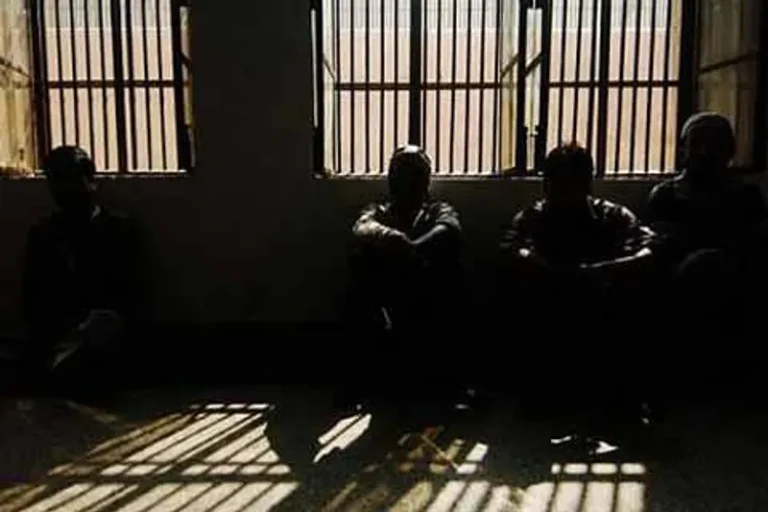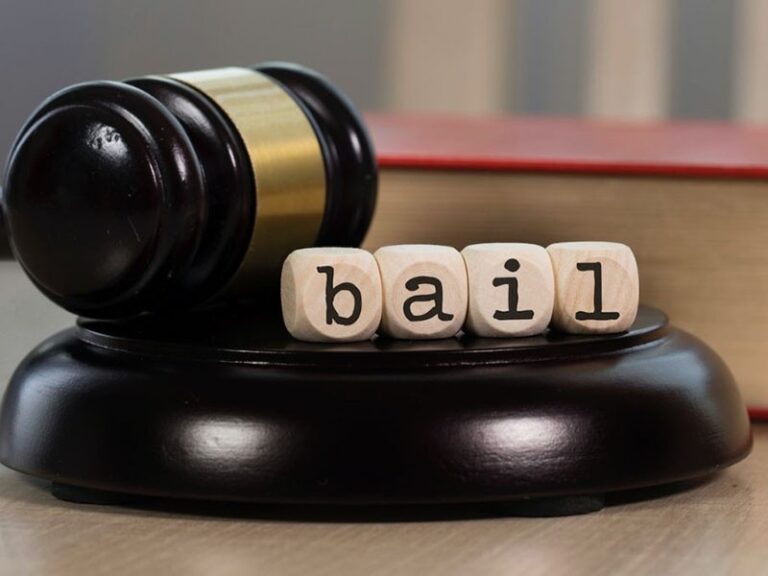Manipur Congress Meets Governor, Demands Peace Amid Unrest
Summary of the News Article
In a significant political move, the Manipur Congress leaders met with the state’s Governor to discuss the ongoing turmoil. They emphasized the urgent need for peace and stability in the region, citing the increasing unrest and violence. The delegation presented their recommendations for fostering harmony and urged the government to act decisively. The meeting underlined the importance of collective efforts to restore normalcy and safeguard lives and livelihoods in Manipur.
A Call for Peace: Manipur Congress Pushes for Stability
Introduction: Why Is Manipur in the Spotlight?
Have you ever wondered what drives political leaders to take decisive action during moments of crisis? Manipur, a state with a rich cultural heritage and history, has been grappling with unrest and instability. The Congress party recently stepped into the spotlight by urging the state’s Governor to intervene and restore peace. But what led to this meeting, and why is it significant? Let’s dive in.
Understanding the Political Landscape in Manipur
The Current State of Affairs
Manipur has witnessed a series of violent incidents, creating an atmosphere of fear and uncertainty. The unrest has disrupted daily life, affecting businesses, education, and the overall sense of security. With tensions escalating, the Congress party took the initiative to address the situation.
What Did the Congress Leaders Propose?
During their meeting with the Governor, the Congress delegation presented a comprehensive plan to mitigate the crisis. They highlighted the importance of:
- Strengthening security measures.
- Engaging in dialogue with affected communities.
- Promoting inclusive governance to address underlying grievances.
These recommendations reflect a balanced approach, blending immediate action with long-term solutions.
The Role of the Governor: A Beacon of Hope?
Governors often play a pivotal role in maintaining harmony within a state. In this case, the Congress leaders sought the Governor’s intervention to facilitate peace talks and oversee the implementation of security measures. By doing so, they aimed to ensure impartiality and rebuild trust among the people.
Unpacking the Unrest: What’s Really Happening?
Root Causes of the Crisis
The unrest in Manipur stems from a combination of factors:
- Ethnic tensions: Long-standing rivalries between communities have flared up.
- Political instability: Shifts in leadership and governance have created uncertainty.
- Economic struggles: Limited job opportunities and resource disputes have fueled frustration.
Each of these elements contributes to a complex web of challenges, requiring nuanced solutions.
Impact on Daily Life
Imagine waking up every day to uncertainty. That’s the reality for many residents in Manipur. The unrest has led to:
- Disruptions in public services.
- Closure of schools and businesses.
- A decline in tourism, a vital economic pillar.
The Congress leaders’ efforts aim to bring relief to those grappling with these challenges.
The Road to Peace: What Can Be Done?
Building Bridges Between Communities
At the heart of Manipur’s issues lies the need for unity. The Congress leaders stressed the importance of dialogue, encouraging leaders from all communities to come together and address their differences. By fostering mutual understanding, they hope to lay the groundwork for lasting peace.
Strengthening Governance
Effective governance is crucial in times of crisis. The Congress delegation urged the state government to prioritize transparency and accountability. They called for:
- Regular updates on security measures.
- Inclusive policies that address the needs of all communities.
- Initiatives to boost economic development and create opportunities.
Involving Civil Society
Change doesn’t happen in a vacuum. The Congress leaders emphasized the role of civil society organizations in promoting peace. These groups can act as mediators, bridge-builders, and advocates for justice, amplifying the voices of marginalized communities.
Why This Meeting Matters
A Symbol of Hope
The Congress delegation’s meeting with the Governor sends a powerful message: the pursuit of peace is a collective responsibility. By taking this step, they’ve demonstrated their commitment to the people of Manipur, setting an example for other political leaders.
Potential Ripple Effects
If successful, the proposed measures could serve as a blueprint for addressing similar crises in other parts of India. The lessons learned in Manipur could inspire innovative approaches to conflict resolution nationwide.
Challenges Ahead
Navigating Political Dynamics
While the Congress party’s efforts are commendable, the road to peace is rarely smooth. Political rivalries and differing priorities among stakeholders could hinder progress. Maintaining focus and fostering collaboration will be key.
Winning Public Trust
Years of unrest have left many people skeptical of political promises. To overcome this, leaders must deliver tangible results, demonstrating their commitment to improving lives.
The Bigger Picture: What This Means for India
Manipur’s struggles highlight broader challenges facing India, from ethnic diversity to economic disparities. By addressing these issues, the nation can move closer to becoming a harmonious and inclusive society. The Congress party’s actions remind us that peace isn’t just a political goal—it’s a collective responsibility.
FAQs
- What prompted the Congress leaders to meet the Governor?
The escalating violence and unrest in Manipur pushed Congress leaders to seek the Governor’s intervention in restoring peace. - What were the key recommendations made by the Congress delegation?
They proposed strengthening security, engaging in dialogue with affected communities, and promoting inclusive governance. - How has the unrest impacted Manipur’s residents?
The violence has disrupted daily life, leading to business closures, school shutdowns, and a decline in public services. - What role can civil society organizations play in resolving the crisis?
Civil society groups can mediate conflicts, foster dialogue, and advocate for marginalized communities, contributing to lasting peace. - Why is this meeting significant for India as a whole?
It underscores the importance of proactive leadership and collaborative efforts in addressing regional conflicts, serving as a model for other states.



